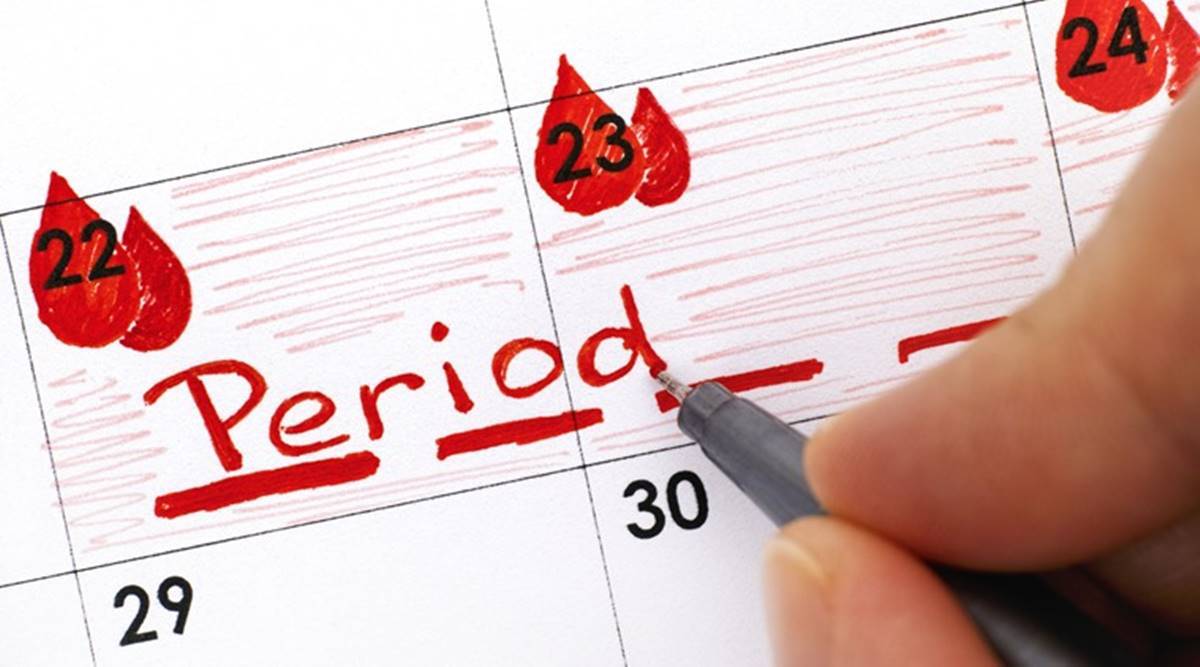Period poverty has been a long, unspoken topic in the UK. Recent attempts at combating the issue of period poverty have made huge steps forward but have ultimately fallen short of a proper solution. How can we celebrate schools having access to free period products, when only 40% of state schools and colleges have opted into the government scheme? It’s hard to be grateful that finally the tampon tax will be cut, when people who menstruate have spent 48 years paying into government funds – amounting to a £15m yearly revenue on tampon tax. I’m not happy about period conversations being brought up at all, when the language used still denotes periods as dirty, and exclusively female.
‘feminine hygiene’

Let’s unpack the term ‘feminine hygiene’. When I go to the supermarket, or Boots, or any other shop that sells period products, I find myself picking up a box of tampons under the aisle marked ‘feminine hygiene’. CLEAN UP ON AILSE 4! There’s a cis woman having a dirty, filthy, unhygienic period! It seems ridiculous when you put it like that, right? Of course, we know that periods are not just a female thing, but something transgender men and non-binary people experience too. We know that periods are not dirty, are not blue, and are not something to be ashamed of. So why, do terms like ‘feminine hygiene’, ‘sanitary products’ persist? Why are we encouraged to have a discreet little purse or pouch to hide our period products? Why do all adverts for period products sell the narrative that a woman is going about her daily life and ‘no one knows that she’s on her period!’?
The answer is shame. The fact that a period carries a whole history of shame, and patriarchal, misogynistic, sexist oppression, means that campaigns to tackle period poverty are greatly held back. And that is not to take away from all the fantastic work that organisations such as Freedom4girls, Bloody Good Period, the Red box project and countless others are doing to fight against period poverty in the UK. Their job is just made much harder when there are systems in place that shame our population of menstruators.
Donate to your local foodbanks*, talk more about your periods. Challenge the people who call period products ‘feminine hygiene’. Make your local schools aware that they can claim free period products. Don’t be ashamed of your period. Be proud of it!
*IMPORTANT – check which products are in highest demand at your local foodbanks. Tampons and Mooncups are NOT widely accepted so stick to pads.
Header image credit: The Indian Express

